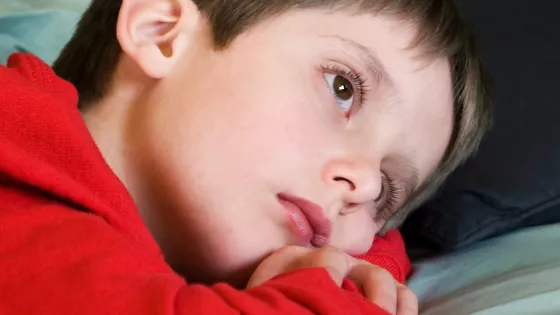Epilepsy can have a profound effect on a young person's emotions and behaviour. In addition to worries about living a normal life with the condition, many experience negative and unhelpful reactions to epilepsy from people around them. This can produce a range of emotional responses that make academic achievement at school difficult.
Young Epilepsy’s ABLE tool (Assessment of Behaviour and Learning in Epilepsy) is a simple questionnaire that school staff and parents can use to identify areas in behaviour and cognition that might impact a young person’s learning. This information, and any planned support arrangements, should be included in the young person’s Individual Healthcare Plan (IHP).
The ABLE tool questionnaire should be revisited termly to identify any changes in support needs.


